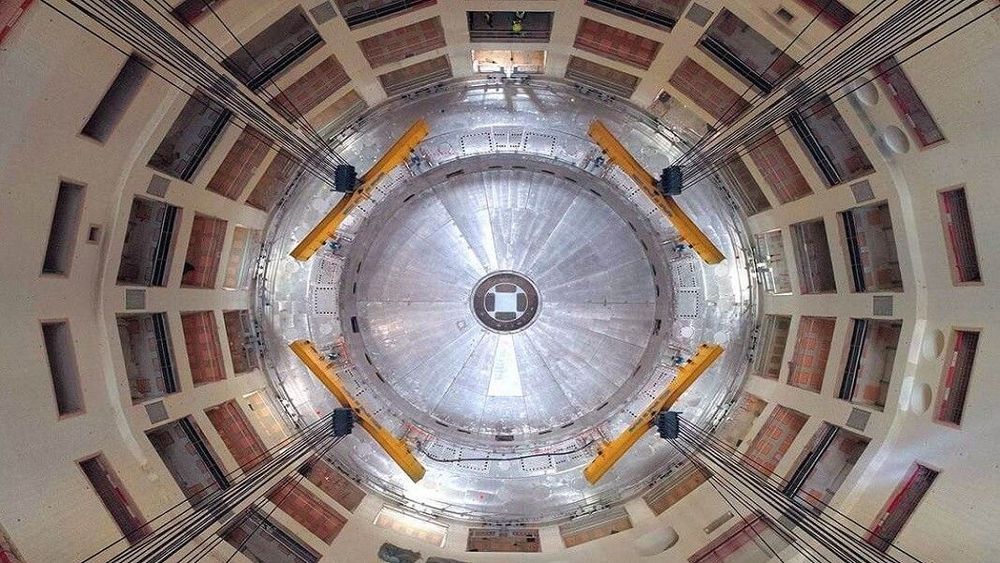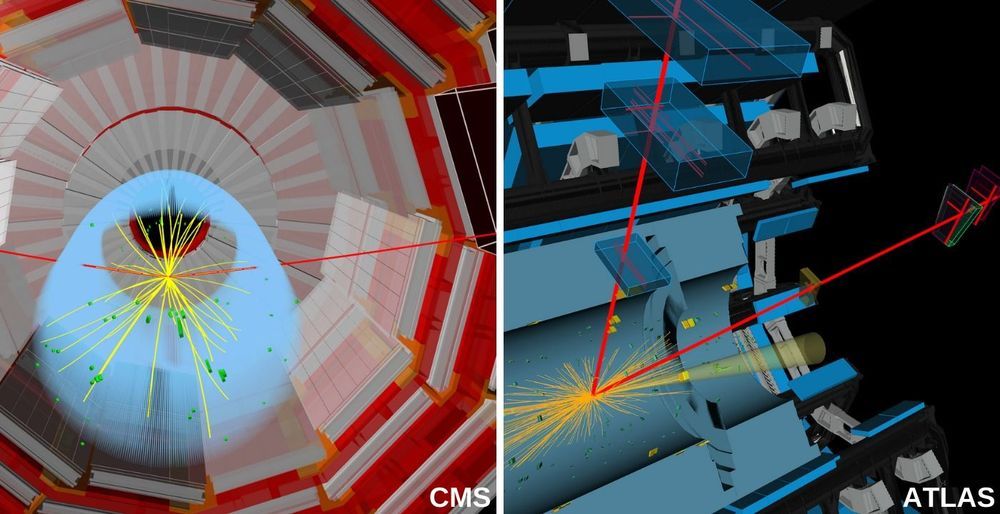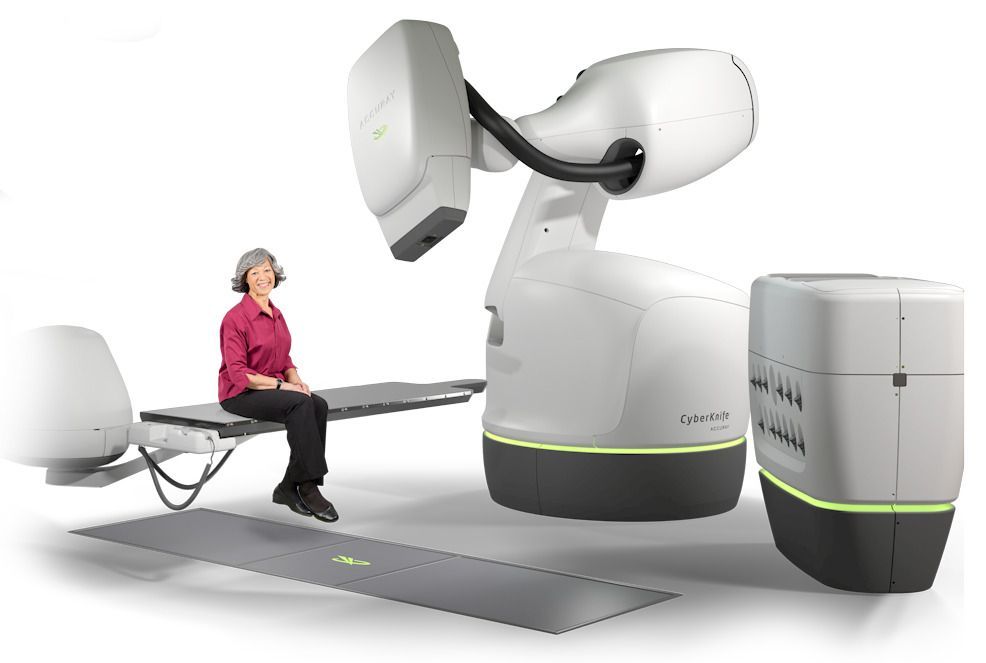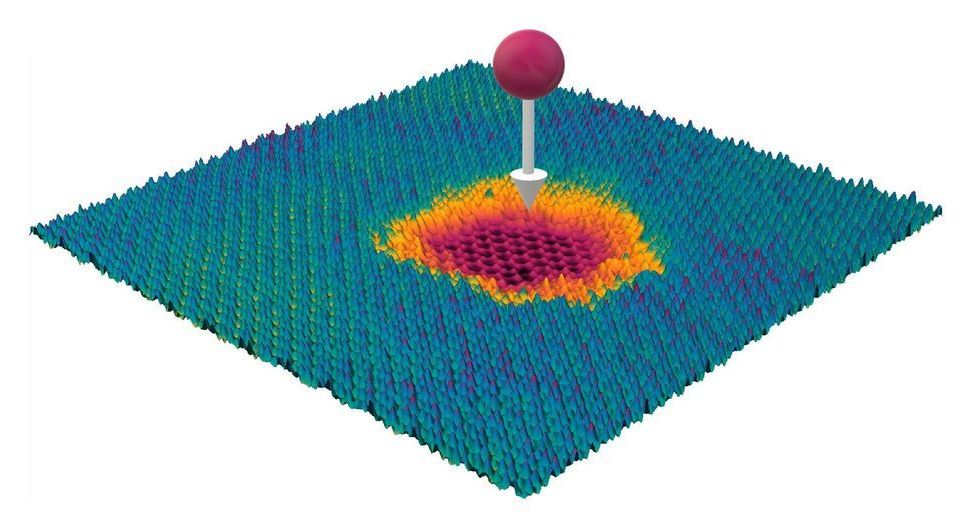Over the past five years factories, universities, and national laboratories all over the world have been working to build the components for the plant, some of which weigh several hundred tons, including a magnet powerful enough to lift an aircraft carrier. It will take another five years to piece all the parts together and get the reactor ready for its first test run.
“Constructing the machine piece by piece will be like assembling a three-dimensional puzzle on an intricate timeline,” director-general of ITER Bernard Bigot said in a press release. “Every aspect of project management, systems engineering, risk management, and logistics of the machine assembly must perform together with the precision of a Swiss watch.”
The hope is that by 2025 the plant will be able to produce “first plasma,” a test designed to make sure the reactor works; the test will produce roughly 500 megawatts of thermal power. It will be another decade until the plant is expected to produce enough energy to be commercially viable, though. That will involve building an even larger plasma chamber to provide 10–15 times more electrical power.








